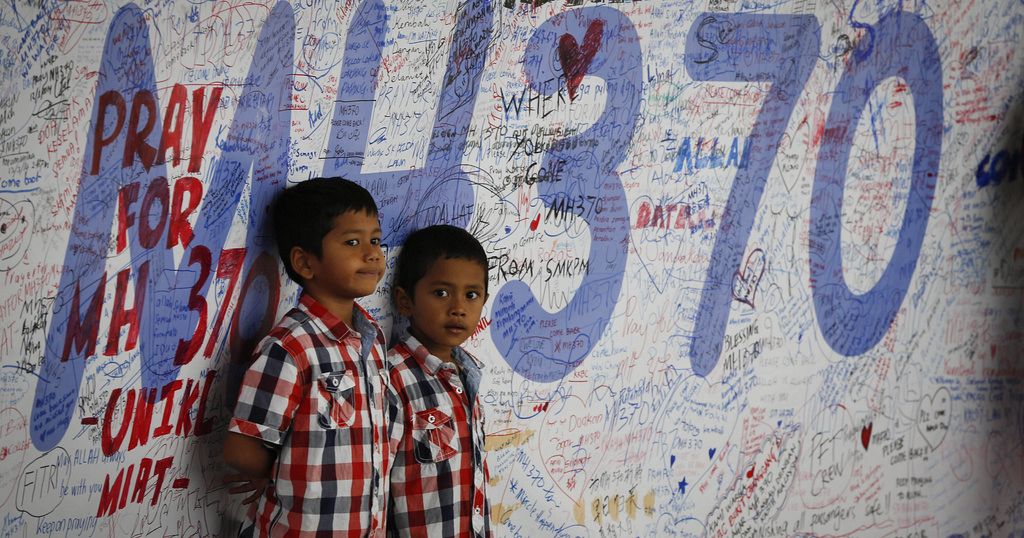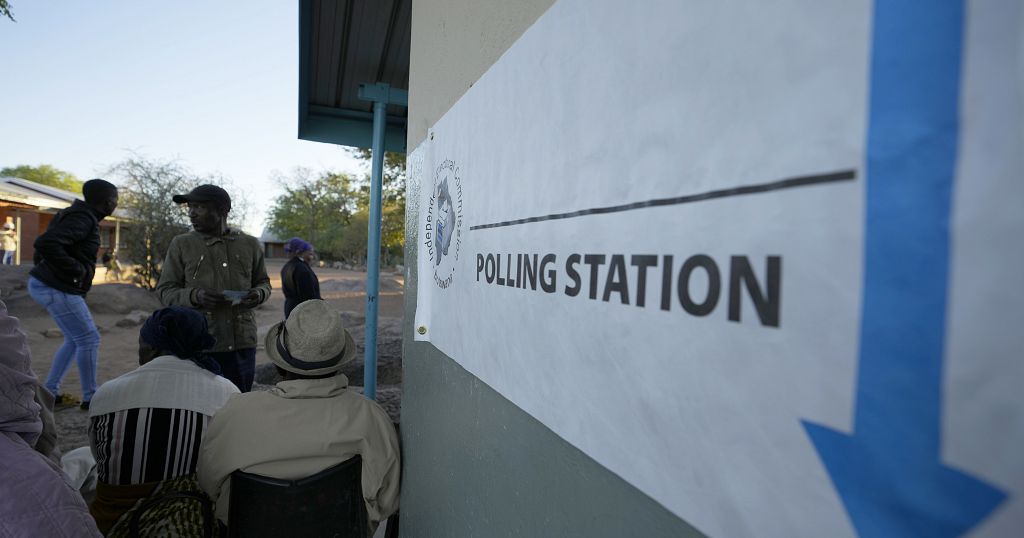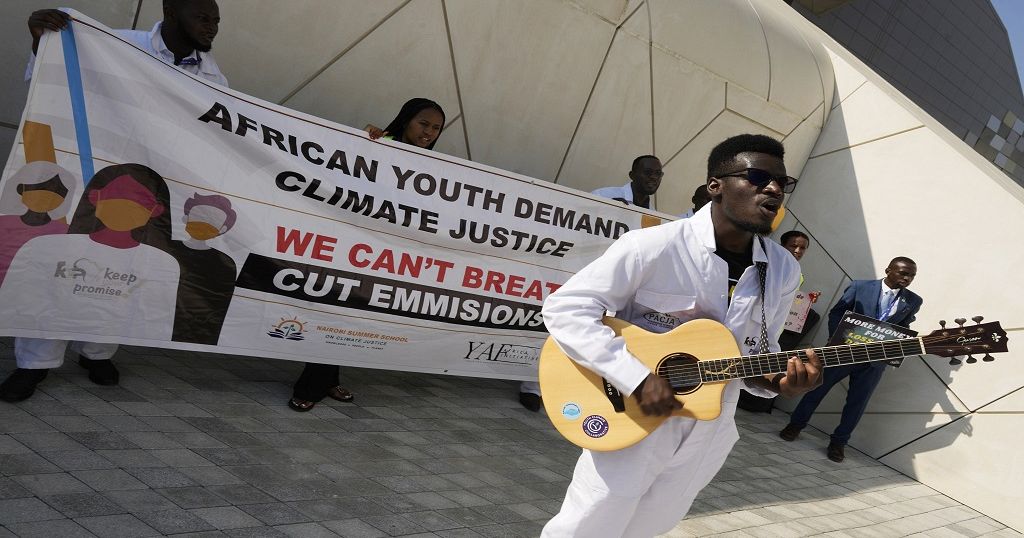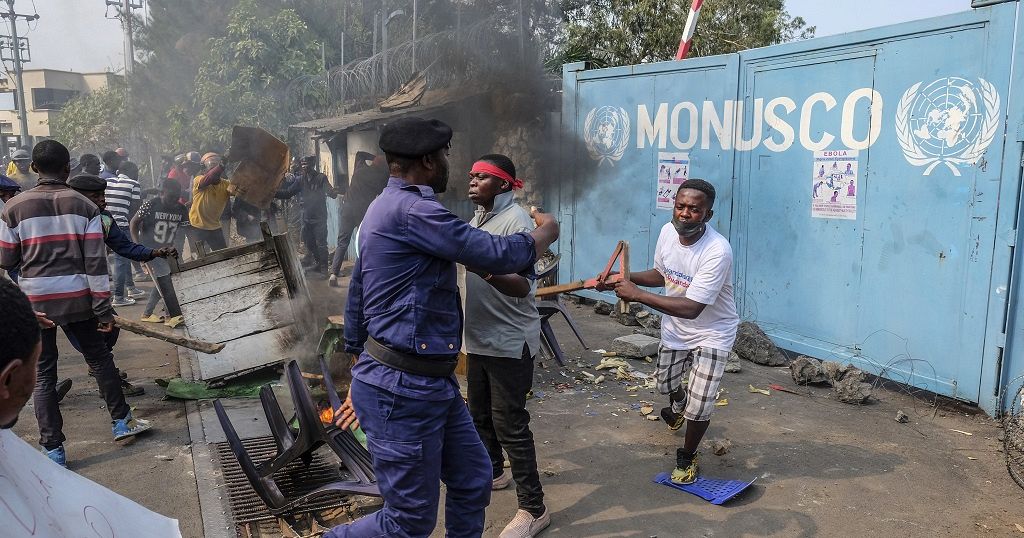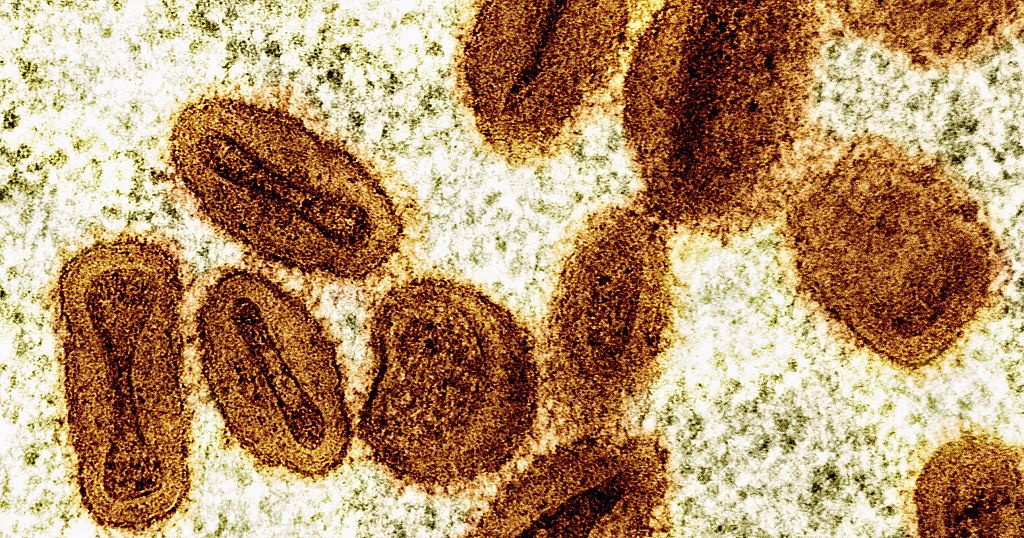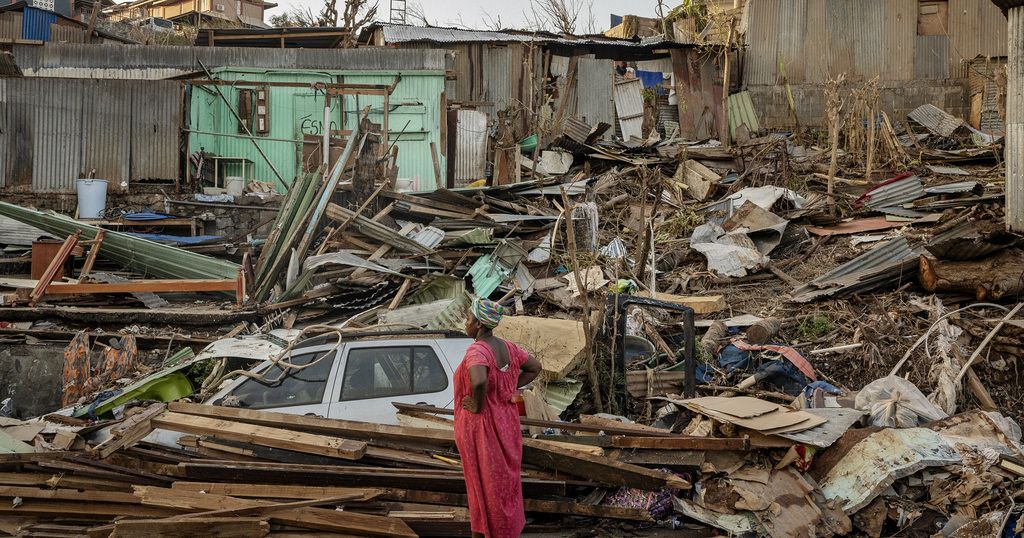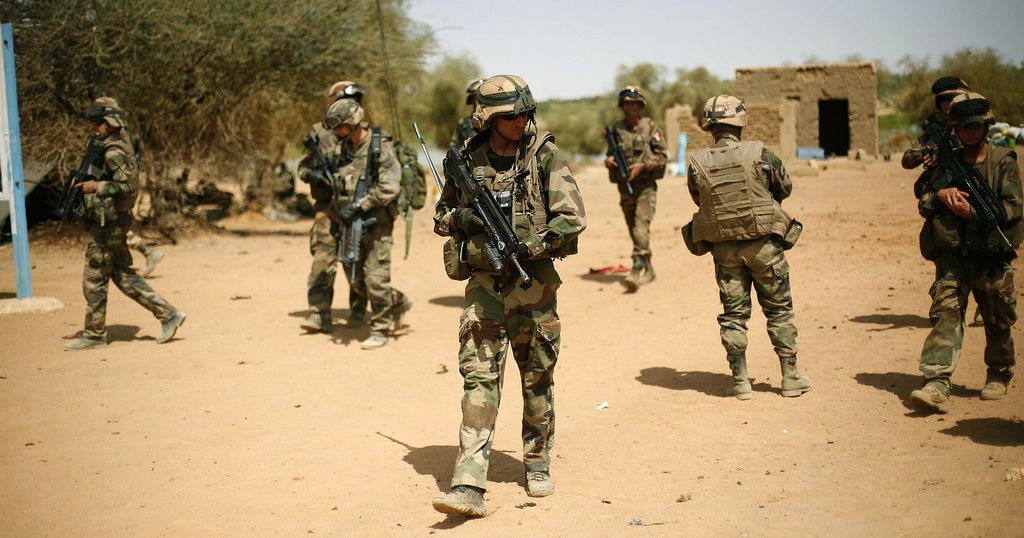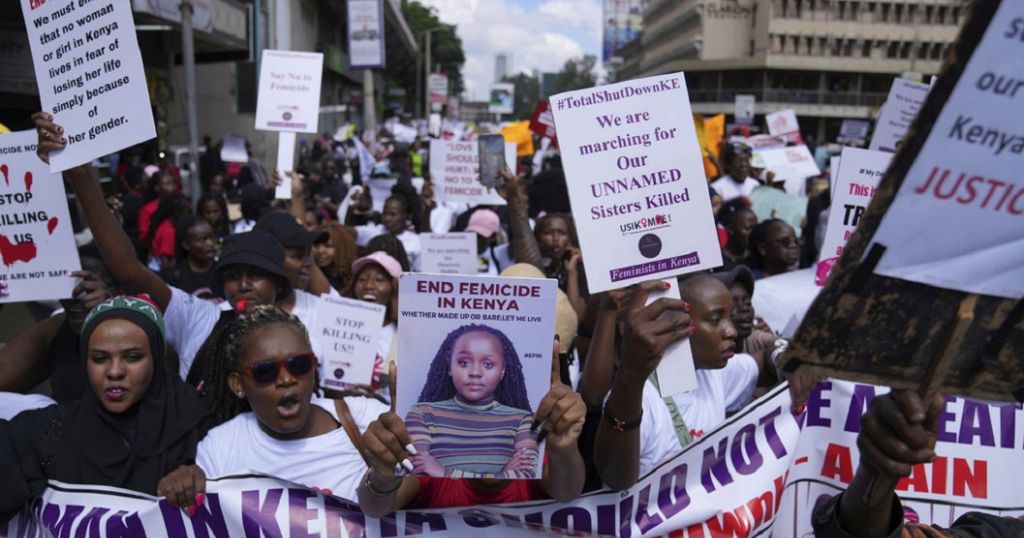Nigeria: Fuel demand falls following end of subsidies
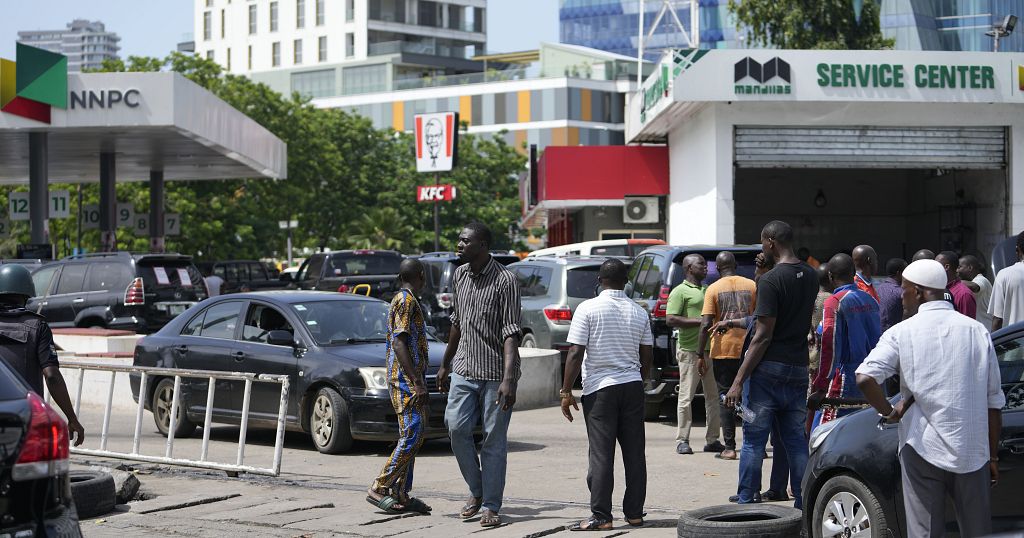
Fuel consumption has fallen in Nigeria since President Bola Tinubu removed costly subsidies.
This is according to figures released to the Reuters news agency by the Nigerian Midstream and Downstream Petroleum Regulatory Authority.
The average daily petrol consumption reportedly reached 48.43 million litres in June, down from the previous average of 66.9 million.
The end of subsidies has caused fuel prices to nearly triple, leading to a rise in transport costs and higher food and electricity prices for many Nigerians using petrol generators.
Business may soon be impacted.
The Stanbic IBTC’s latest Purchasing Power Index links the subsidy scrap to a marginal decline in business confidence in June 2023 as inflationary pressures surged.
Respondents said issues around the ending of the fuel subsidy acted to limit the pace of output growth, although activity was still up markedly in the latest survey period.
For decades, Nigeria’s low-cost gasoline has been transported illegally by road to its neighbours, primarily Benin, where it is resold on the black market by a multitude of informal sellers.
The scale of the trafficking is such that the price of taxi fares has almost doubled in Cotonou (Benin). In Cameroon, another neighbour of Nigeria, several motorcycle taxi unions have gone on strike in protest.
Elected in February in a disputed election, Bola Tinubu announced as soon as he took office on 29 May the end of fuel subsidies, which were costing the state billions of euros and forcing it to borrow massively to keep petrol prices artificially low.
“I have painfully asked you, my compatriots, to sacrifice a little more for the survival of our country. For your trust and faith in us, I assure you that your sacrifice will not be in vain,” he said in an address on June 12.
Source: Africanews


